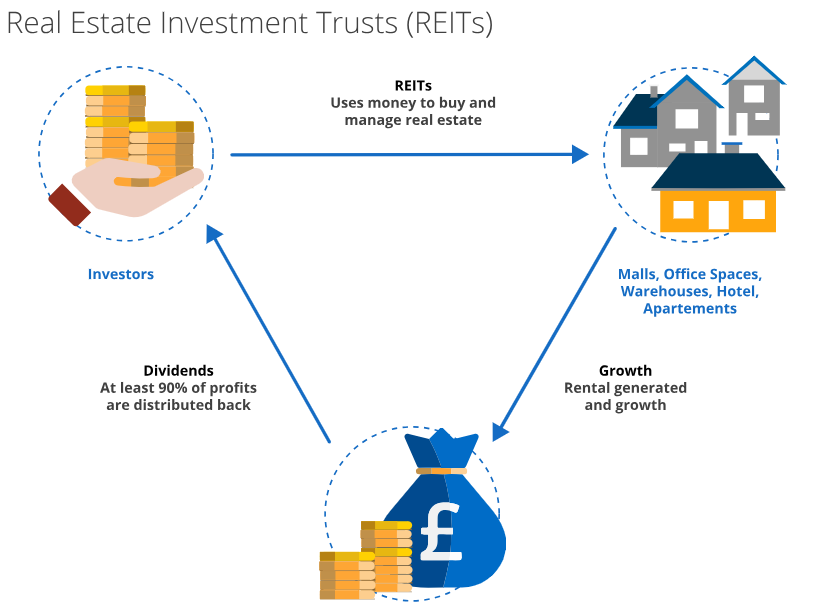
Real estate investment
Real estate investment remains one of the most reliable ways to build wealth, but not all properties yield high returns. Investors must carefully analyze several factors to identify properties with strong potential. Location plays a crucial role in determining profitability. Areas with high demand, good infrastructure, and growing job opportunities tend to appreciate in value. Proximity to schools, hospitals, public transport, and commercial hubs makes a property more attractive to tenants and buyers alike. Conducting thorough market research and understanding neighborhood trends can provide a competitive edge.
Analyzing rental yields is essential when evaluating potential investments. Gross rental yield is calculated by dividing annual rental income by the property’s purchase price. A higher yield often indicates a lucrative investment. However, net rental yield, which accounts for maintenance costs, taxes, and property management fees, offers a more accurate picture of profitability. Investors should also factor in occupancy rates. Properties in high-demand areas typically experience lower vacancy periods, ensuring a steady income stream. It is advisable to compare rental yields across multiple properties before making a decision.
Property appreciation potential is another critical aspect of investment success. Some properties may offer lower initial rental yields but appreciate significantly over time, leading to substantial long-term gains. Studying historical price trends and upcoming development projects can help predict future appreciation. Cities undergoing rapid urbanization, infrastructure expansion, and business growth tend to offer higher appreciation rates. Government initiatives, such as tax incentives for investors or infrastructure projects, can further enhance property values.
Financing strategy
Financing strategy plays a major role in determining investment returns. Cash purchases eliminate interest costs, increasing profitability. However, leveraging bank loans allows investors to acquire multiple properties with a smaller initial capital outlay. The key is to find a balance where the rental income comfortably covers mortgage payments while still generating profit. Interest rates, loan terms, and down payment requirements should be carefully assessed before proceeding with financing.
Investors should consider different property types to maximize returns. Residential properties, such as single-family homes, apartments, and condos, offer stable rental income and long-term appreciation. Commercial properties, including office spaces, retail units, and warehouses, often yield higher rental returns but may require larger initial investments. Short-term rentals, such as vacation homes and Airbnb listings, generate higher income in tourist-friendly areas but come with increased management responsibilities. Each type has its own risk and reward profile, making diversification a smart strategy.

Market conditions
Market conditions can significantly impact investment outcomes. Economic downturns, inflation, and changes in government policies influence property demand and pricing. Investors should monitor economic indicators, such as interest rates, employment levels, and inflation rates, to make informed decisions. Timing the market is challenging, but purchasing properties during market dips and selling during peaks can maximize profits. Staying updated with real estate news and networking with industry professionals can provide valuable insights into market trends.
Investors must also account for hidden costs associated with property ownership. Maintenance and repairs can significantly impact profitability. Older properties may require frequent upgrades, while newly constructed properties often have lower maintenance costs. Property taxes, insurance, and homeowners association (HOA) fees also affect the bottom line. Investors should perform a comprehensive cost analysis to ensure that expenses do not outweigh potential returns. A well-maintained property not only attracts better tenants but also enhances resale value.
Tenant management
Tenant management is a crucial factor in rental property success. Reliable tenants ensure consistent rental income and reduce turnover costs. Conducting thorough background checks, verifying employment and rental history, and setting clear lease agreements can minimize risks. Professional property management services can handle tenant screening, rent collection, and maintenance, making it a viable option for investors who prefer a hands-off approach. Good tenant relationships lead to longer lease durations and fewer disputes, ensuring a smoother investment experience.
Legal considerations must not be overlooked. Real estate regulations vary by region and impact rental agreements, eviction procedures, and tax obligations. Understanding local laws helps investors avoid legal disputes and financial penalties. Consulting with legal and financial professionals ensures compliance with regulations. Zoning laws and property usage restrictions should also be reviewed before making a purchase. Investing in real estate with clear title deeds and proper documentation prevents potential legal complications in the future.
Technology has revolutionized real estate

Technology has revolutionized real estate investment strategies. Online platforms provide access to property listings, market data, and investment analysis tools. Virtual property tours, rental calculators, and AI-driven pricing models help investors make data-driven decisions. Real estate crowdfunding platforms allow investors to diversify their portfolios by investing in multiple properties with minimal capital. Utilizing technology enhances efficiency and reduces risks associated with traditional investment methods.
Exit strategies are as important as acquisition plans. Investors should have a clear plan for selling their properties when the time is right. Holding onto a property for long-term appreciation works well in growing markets, while selling at peak market conditions maximizes short-term gains. Flipping properties by purchasing undervalued homes, renovating them, and selling at a higher price can generate quick profits. Understanding tax implications on capital gains ensures investors optimize their returns.
Real estate investment
Real estate investment requires patience, research, and strategic planning. The right property in the right location with sound financial management can yield impressive returns. Diversification, leveraging technology, and staying updated on market trends further enhance investment success. Whether opting for rental income, property appreciation, or flipping, a well-informed approach minimizes risks and maximizes profitability. Successful real estate investing is about making data-driven decisions and continuously adapting to market dynamics. By carefully evaluating potential investments and considering all factors, investors can build a profitable real estate portfolio that stands the test of time.

